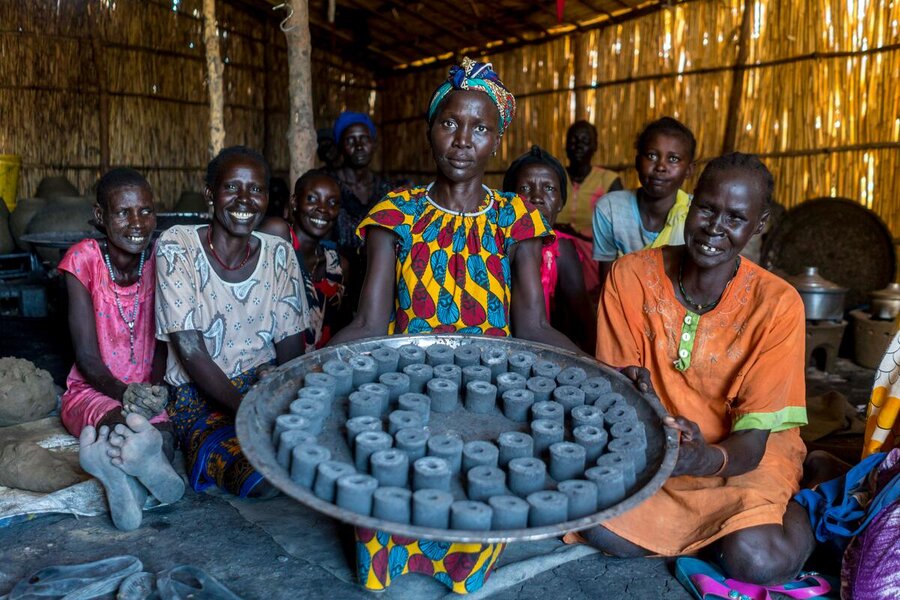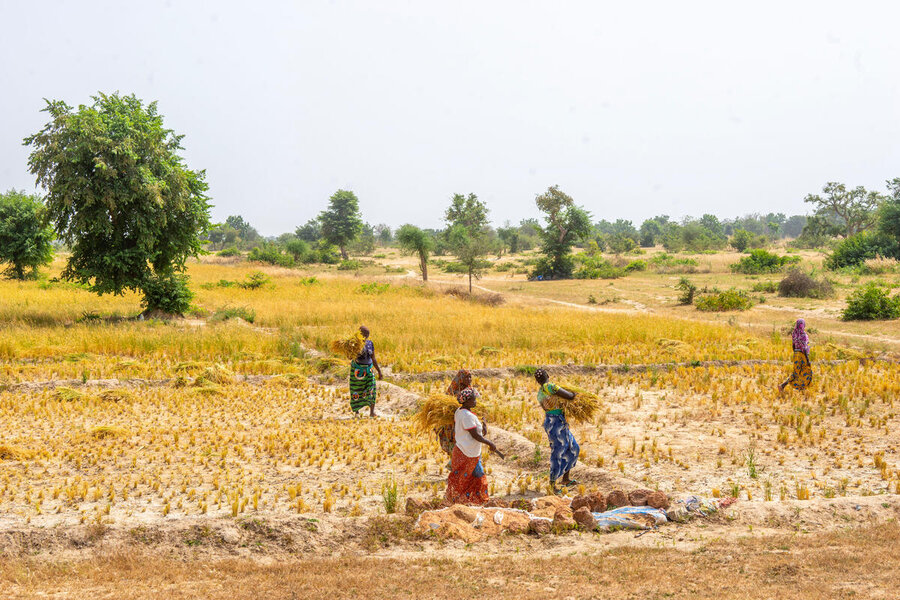
Water on tap is a pipe dream for many. Over 70 percent of the world's food-insecure people are in areas where water availability is constrained. The rest live in areas where there may be a great deal of water but access may be limited and quality may be poor. Climate change is increasing the frequency and severity of water-related hazards while accelerating land degradation.
And when fighting occurs, as it inevitably does, over this scarce and critical resource, it threatens social cohesion, gender equality and access to education - all of which count among factors that can drive up food insecurity.

The World Food Programme (WFP) responds to water-related disasters, such as droughts and floods, by providing emergency food and cash assistance. At the same time, WFP supports communities in building resilience by restoring ecosystems to improve water availability and food access in the long term.






